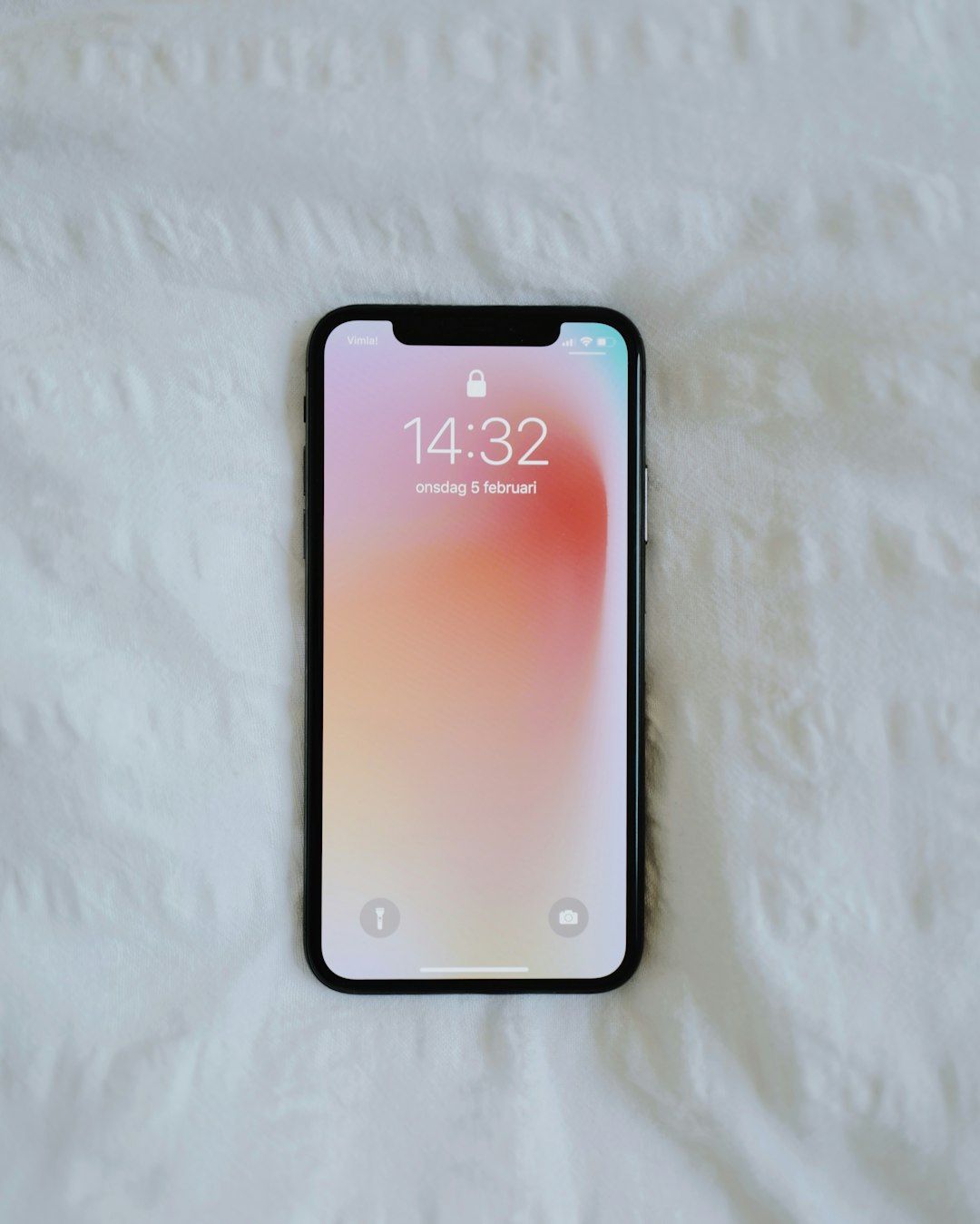In Florida, both state and federal laws, particularly the Telephone Consumer Protection Act (TCPA), regulate robocalls. If you've received unwanted calls, legal action through a spam call lawyer can help with damages or injunctive relief. Persistent robocalls despite removing your number from lists may violate the TCPA, allowing you to sue. Specialized spam call law firms in Florida have expertise dealing with TCPA litigation and can guide you in protecting your rights.
In today’s digital age, Floridians often find themselves on the receiving end of unwanted robocalls, a constant nuisance. Understanding your legal rights is crucial when navigating this modern-day enigma. This article explores the intricate web of regulations surrounding robocalls in Florida and provides insights into when you can take legal action.
From comprehending the Legal Framework to choosing the right Spam Call Lawyers in Florida, we guide you through the process, ensuring you know your options, especially if you’re considering suing for robocalls under TCPA laws.
Understanding Robocall Regulations in Florida: The Legal Framework

In Florida, robocall regulations are governed by both state and federal laws, primarily the Telephone Consumer Protection Act (TCPA). This federal law restricts automated telephone marketing calls, including robocalls, and provides consumers with substantial legal protections. Additionally, Florida has its own anti-spam legislation that complements the TCPA, offering further safeguards for residents against unwanted phone calls.
If you’re wondering, can I sue for robocalls in Florida?, the answer is yes. Both the TCPA and Florida’s spam call laws empower consumers to take legal action against companies or individuals making nuisance robocalls. A spam call lawyer in Florida can help navigate these complex regulations and advise on potential remedies, which may include monetary damages and injunctive relief.
When Can You Sue for Robocalls? Exploring Legal Recourse

If you’re a Floridian tired of receiving unwanted robocalls, you may wonder if legal action is an option. The good news is that Florida law provides protections against spam calls, and there are legal avenues to pursue if your rights have been violated.
You can consider taking legal action if the robocalls persist despite your best efforts to stop them. According to the Telephone Consumer Protection Act (TCPA), it’s illegal for businesses or individuals to make automated phone calls without prior consent. If you’ve explicitly requested to be taken off a caller list and continue receiving spam calls, you may have a case. Contacting a spam call law firm or lawyer specializing in TCPA cases in Florida is a crucial step towards exploring your legal recourse and holding offenders accountable.
Choosing the Right Legal Representative: Spam Call Lawyers in Florida

When navigating the legal landscape surrounding robocalls in Florida, choosing the right representative is paramount to a successful outcome. While any lawyer could technically take on your case, specialized spam call law firms in Florida have the expertise and resources to effectively pursue violators under the Telephone Consumer Protection Act (TCPA). These firms understand the nuances of TCPA litigation, including the unique challenges posed by robocalls, and are equipped to handle complex cases.
If you’re considering whether to sue for robocalls in Florida, seeking counsel from a reputable spam call lawyer in Florida is advisable. They can assess your situation, advise on potential remedies, and guide you through the legal process. Their deep knowledge of state laws and federal regulations ensures that your rights are protected, and their focus on TCPA cases demonstrates their commitment to fighting against unwanted automated calls.






